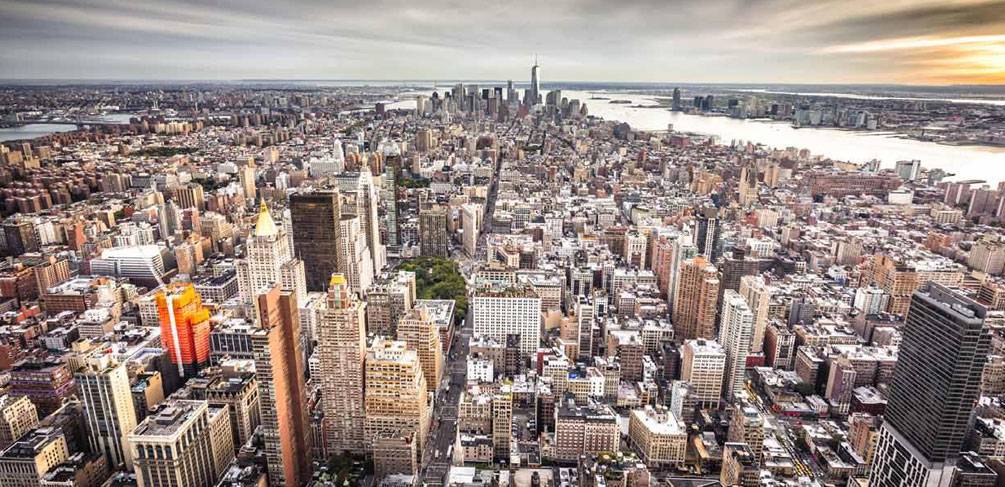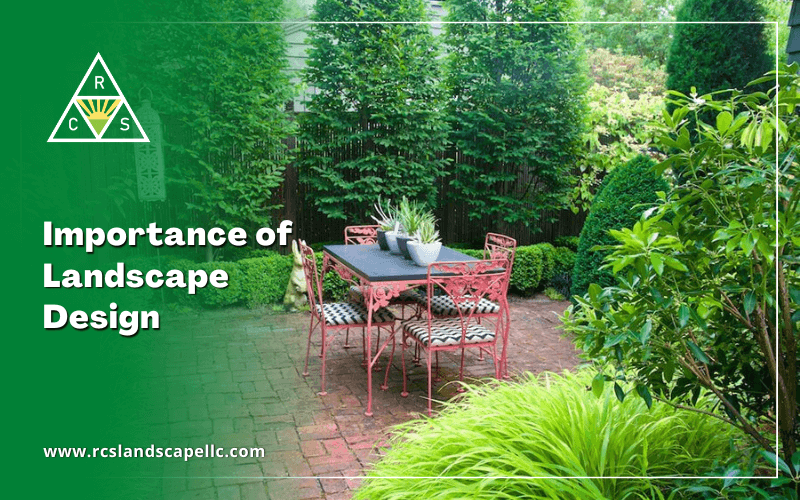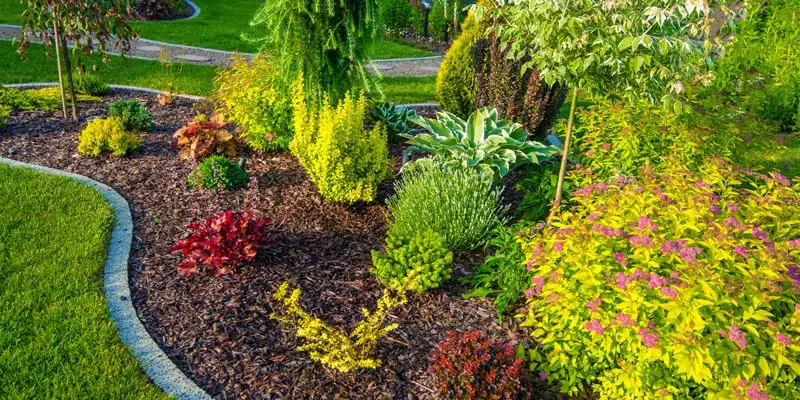Little Known Facts About Landscape Design.
The 5 steps of the layout process consist of: 1) conducting a website stock and analysis, 2) establishing your needs, 3) producing functional representations, 4) developing conceptual layout plans, and 5) drawing a last style plan. The initial 3 steps establish the aesthetic, useful, and horticultural requirements for the design. The last two steps after that apply those demands to the creation of the last landscape plan.
This is an important step for both plant selection and positioning and situating family activities and features. It is very important because the very same climate problems that affect the plantstemperature, humidity, rainfall, wind, and sunlightalso impact you, the individual. The following action is to make a checklist of your requirements and desiresthis aids you identify just how your lawn and landscape will certainly be made use of.
The practical representation is then made use of to locate the task areas on the site and from this diagram a theoretical strategy is created. The last step is a last layout that includes all the hardscape and growing details that are required for installment. Throughout the layout process there are ten vital points to take into consideration: for plant choice and activity location by considering what you want and need to help establish forms and organize rooms by designating task areas and relating to aspects for both the setting and the customer by utilizing massing and layering techniques such as change locations and centerpieces in the products, the colors, and the surface structures for the development and maintenance of plants by utilizing lasting layout methods A comprehensive inventory and evaluation of the site is very important to identify the ecological conditions for plant growth and the finest use the site.
Everything about Landscape Design
The kind of dirt identifies the nutrients and moisture offered to the plants. It is always best to use plants that will thrive in the existing dirt. Although soil can be modified, amendment is typically pricey and most times inadequate. Existing greenery can provide clues to the soil type. Where plants expand well, note the soil conditions and make use of plants with similar growing requirements.

Sun/shade patterns, the quantity and length of exposure to sunlight or color (Figure 1), create microclimates (in some cases called microhabitats) - Landscape Design. Recording site problems and existing greenery on a base map will disclose the location of microclimates in the lawn. Plants usually fall under 1 or 2 of four microclimate categories-full sunlight, partial shade, shade, and deep shade
Unknown Facts About Landscape Design
Number 1. Sunlight and color patterns. go to this website Credit Report: Gail Hansen, UF/IFAS It is important to note all the status quo on a precise base map when doing the website stock (Figure 2). Utilities such as power lines, septic systems, below ground energies and roof covering overhangs determine plant place. Use a property surveyor's plat of your residential property for the boundaries and location of your home.


Budget plan worries consist of the materials, initial installment costs and the on-going upkeep costs. Identify the moment and cash you agree to put right into keeping the plants and hardscape-be practical regarding your intentions and capacity. Figure 3. Current usage locations. Credit Report: Gail Hansen, UF/IFAS Figure 4. Suggested usage areas. Credit: Gail Hansen, UF/IFAS There are several landscape layout motifs- from basic to facility, yet it is helpful to choose one to direct your plant and material choice.
Numerous people locate it helpful to search in horticulture publications and publications for concepts. This is a great start, however understand that the gardens in the photos were selected due to the fact that they are impressive examples. Check out the pictures with an essential eye to gather concepts that you can adapt to your passion degree, your budget plan and your site.
Make a decision if you want site web to open your backyard, shut your yard, or a little of both, to these sights (Landscape Design). To put it simply, do you want the garden to confine the space around you and relate primarily to your home, or do you want the garden to open sights and look outside, connecting to the environments? This will offer you a starting point to think of a style
The Definitive Guide to Landscape Design
This is called "local color", which implies it fits with the environments. There are both form themes and style themes. Every garden ought to have a kind style, yet not all yards have a style motif. Actually, several domestic yards have no specific style except to mix with your house by repeating information from the design such as products, color, and Check Out Your URL type.
In a type style the organization and shape of the spaces in the backyard is based either on the shape of the house, the shape of the areas in between the residence and the home limits, or a favored shape of the house owner. The kind style determines the shape and organization (the layout) of the areas and the links between them.

Comments on “Facts About Landscape Design Uncovered”